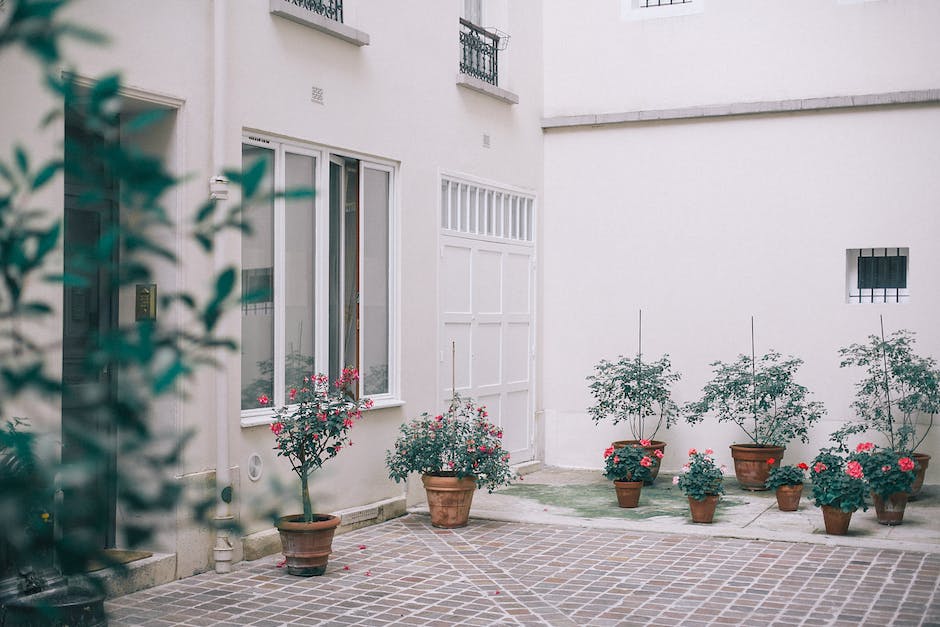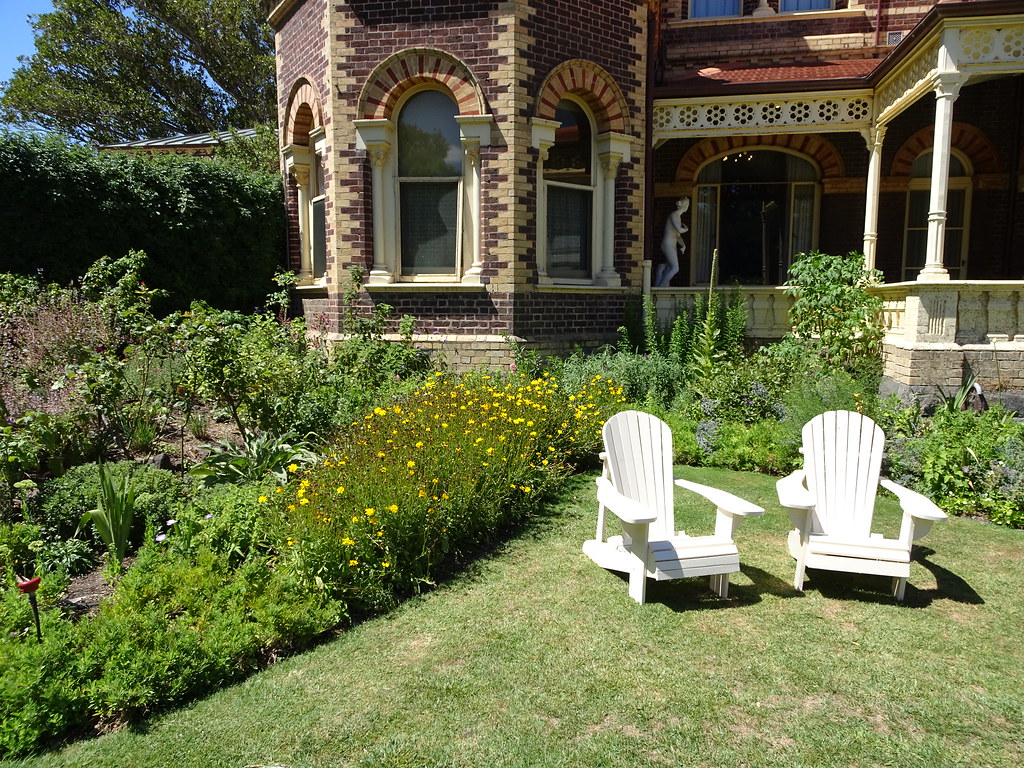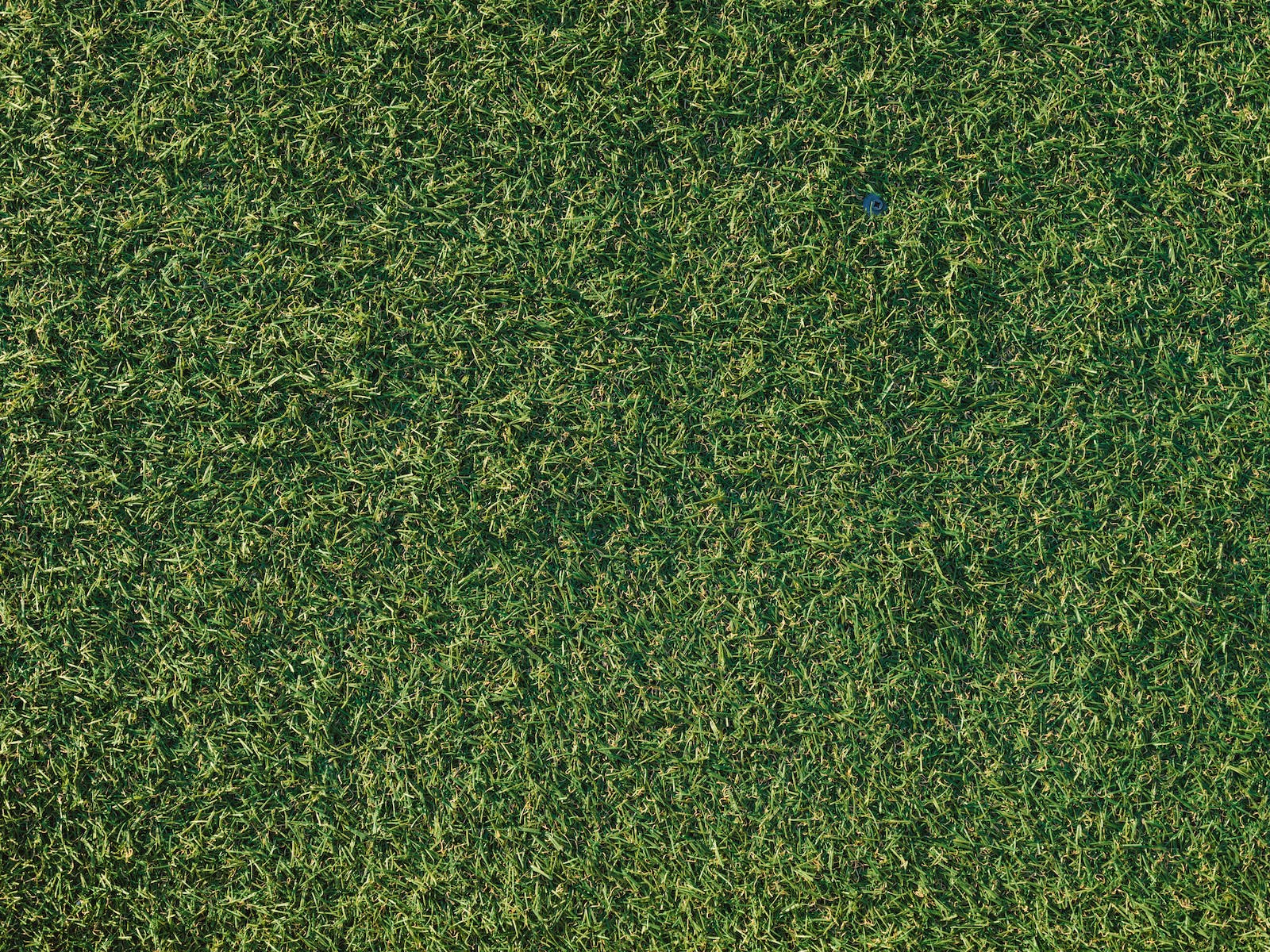The Pros and Cons of Having a Paved Garden
Exploring the Benefits and Drawbacks
A paved garden, also known as a patio garden, is a type of outdoor space that is predominantly covered with hard, durable materials such as concrete, tiles, or bricks, rather than being planted with grass or other living ground cover. This type of garden is popular in urban areas or in homes with limited outdoor space. While paved gardens offer various advantages for homeowners, there are also some drawbacks to consider. In this article, we will explore the benefits and drawbacks of having a paved garden, helping you make an informed decision about this type of outdoor space.
Paved gardens provide a low-maintenance and versatile outdoor area that can be used for various activities such as dining, entertaining, or simply relaxing. However, they also come with potential issues like drainage problems and environmental impact. Let's dive into the pros and cons of having a paved garden to gain a better understanding of this landscaping choice.
Pros
Paved gardens offer several benefits, making them an attractive option for homeowners looking to create a functional and stylish outdoor space. From easy maintenance to enhanced usability, paved gardens have a lot to offer. Here are some compelling reasons to consider a paved garden for your home:
Low Maintenance
Paved gardens require minimal maintenance compared to traditional grass lawns. There's no mowing, watering, or regular upkeep involved, saving homeowners time and effort in garden maintenance. This is particularly appealing for individuals with busy lifestyles or limited mobility.
Versatility and Usability
A paved garden provides a versatile outdoor area that can be used for various purposes. It can serve as an extension of the living space, perfect for dining, socializing, or relaxing. The solid surface also allows for the placement of furniture, creating an outdoor living area that is functional and aesthetically pleasing.
Erosion Control
Paved surfaces can help prevent soil erosion in outdoor areas, especially in regions prone to heavy rainfall. By minimizing soil displacement and runoff, paved gardens contribute to more stable and sustainable landscaping, reducing the risk of soil erosion and associated issues.
Enhanced Accessibility
For individuals with mobility challenges, a paved garden offers enhanced accessibility compared to traditional gardens with uneven terrain. The smooth, level surface allows for easier movement, making the outdoor space more inclusive and accommodating for everyone.
Modern Aesthetic Appeal
Paved gardens add a modern and stylish touch to the outdoor environment. With a wide range of design options, including different types of paving materials, colors, and patterns, homeowners can create visually stunning outdoor spaces tailored to their preferences and overall home design.
Increased Durability
Paved gardens offer increased durability compared to traditional garden surfaces. The hard materials used in paving, such as concrete, stone, or brick, can withstand heavy foot traffic, furniture, and vehicles without sustaining damage. This durability ensures that the paved area remains functional and visually appealing for an extended period, reducing the need for frequent repairs or replacements.
Enhanced Safety
One significant advantage of a paved garden is the enhanced safety it provides. Unlike natural surfaces like grass or soil, paved areas offer stable footing, reducing the risk of slips, trips, and falls. This is particularly beneficial in high-traffic areas or for individuals with mobility challenges. Additionally, paved surfaces can be designed to minimize uneven terrain, further promoting safety and accessibility.
Missing a pro?
Let us know which pro you are missing!
Cons
While paved gardens offer several advantages, there are also potential drawbacks and challenges associated with this type of outdoor space. It's important to consider these factors before deciding on a paved garden for your home. Here are some noteworthy drawbacks to be aware of:
Drainage Issues
Paved gardens can experience drainage problems, especially if the surface is not properly designed to allow water to flow away. Poor drainage can lead to water pooling, which may create slippery surfaces and potentially cause damage to the paving materials over time.
Heat Absorption
Paved surfaces, particularly those made of dark-colored materials, can absorb and retain heat, leading to higher temperatures in the outdoor area. This can result in discomfort during hot weather and may impact the overall usability of the space, especially without adequate shading or cooling options.
Environmental Impact
The installation of a paved garden can have environmental implications, particularly in terms of reduced permeability of the land and increased surface water runoff. This may contribute to urban heat island effects and affect local ecosystems. Proper planning and sustainable design considerations are crucial to mitigate these impacts.
Limited Greenery
Unlike traditional gardens with lush greenery, paved gardens lack natural vegetation and may result in reduced biodiversity within the outdoor environment. This can impact local wildlife and ecological balance, requiring alternative greenery and landscaping strategies to support biodiversity in urban areas.
Maintenance Challenges
While paved gardens generally require less maintenance, keeping the hard surfaces clean and free from debris can still be a significant task. Regular sweeping, pressure washing, and weed management are essential to preserve the appearance and functionality of the paved area.
Urban Heat Island Effect
Paved gardens contribute to the urban heat island effect, wherein built-up areas experience higher temperatures than their rural surroundings. The materials used in paving, such as concrete or asphalt, absorb and retain heat, leading to elevated ambient temperatures. This can result in discomfort for inhabitants and increased energy consumption for cooling. Moreover, the urban heat island effect can have adverse environmental impacts, affecting air quality and exacerbating climate change.
Surface Water Runoff
A notable disadvantage of paved gardens is the increased surface water runoff compared to natural gardens. Impermeable paving materials prevent rainwater from being absorbed into the ground, leading to rapid runoff. This can contribute to flooding, erosion, and pollution as the runoff carries pollutants, debris, and sediments into waterways. Additionally, the reduced groundwater recharge from runoff can impact local ecosystems and water resources.
Missing a con?
Let us know which con you are missing!
Conclusion
In conclusion, a paved garden offers various advantages such as low maintenance, versatility, and erosion control, making it an appealing choice for homeowners seeking an easy-to-manage outdoor space. However, it's essential to be mindful of potential issues related to drainage, heat absorption, environmental impact, and maintenance requirements. By carefully considering the pros and cons, homeowners can make informed decisions about incorporating a paved garden into their outdoor living environment, ensuring that it aligns with their lifestyle and environmental considerations.
What do you think?
Do you think the pros outweigh the cons?









